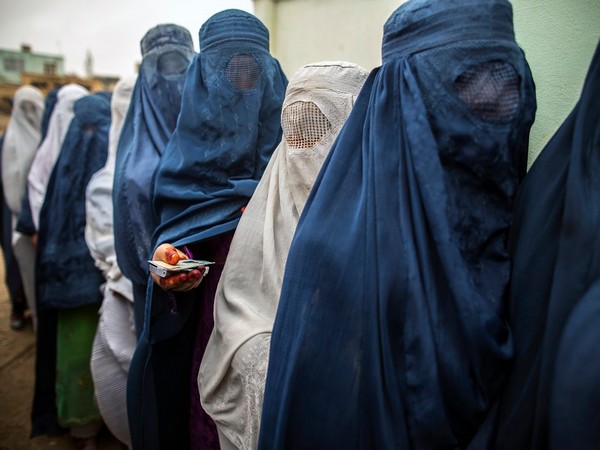The Central government on Monday told the Supreme Court that the right to freedom of religion does not include a fundamental right to convert other people to a particular religion.
It is “cognizant of the gravity and the seriousness” of the issue, said the Centre in its affidavit filed on a PIL claiming that fraudulent and deceitful religious conversion is rampant across the country.
Such issue of conversion shall be “taken up in all seriousness by the Union of India and appropriate steps shall be taken as the Central government is cognizant of the menace”, the Centre said in its affidavit.
“The right to freedom of religion certainly does not include the right to convert an individual through fraud, deception, coercion, allurement or other such means,” it said.
The central government further said that nine States over the course of the years passed enactments seeking to curb this practice. Odisha, Madhya Pradesh, Gujarat, Chhattisgarh, Jharkhand, Uttarakhand, Uttar Pradesh, Karnataka, and Haryana are the States which already have legislation in place on conversion, the affidavit added.
The affidavit stated that “such enactments are necessary for protecting cherished rights of vulnerable sections of the society including women and economically and socially backward classes.”
The right to freedom of religion, and more importantly, the right to the consciousness of all citizens of the country is an extremely cherished and valuable right that ought to be protected by the executive and the legislature, it said.
As the matter came up for hearing, a bench headed by Justice MR Shah said the issue of forced religious conversion is “very serious” and asked the Centre to file a detailed affidavit to make its stand clear.
It asked the Centre to file an affidavit with instructions from the State governments.
The bench has now posted the matter for hearing on December 5.
Earlier, the top court had remarked that forced religious conversion is a “very serious issue” and may affect the “security of the country” along with the freedom of conscience of citizens as far as religion is concerned.
It had said, “It is a very dangerous thing. Everyone has freedom of religion. What is this forceful conversion?”
The apex court was hearing a plea filed by advocate Ashwini Kumar Upadhyay claiming that fraudulent and deceitful religious conversion is rampant across the country, and that the Central government has failed to control its menace.
The plea sought directions to the Law Commission of India to prepare a report and a Bill to control “deceitful religious conversion”.
It further sought a declaration from the Court that fraudulent religious conversion and conversion by intimidation, threatening and through gifts and monetary benefits offends Articles 14, 21 and 25 of the Indian Constitution.
The PIL said, “There is not even one district which is free of religious conversion by hook and cook and the carrot and the stick.”
“If such conversions were not checked, Hindus would soon become a minority in India. Thus, the Centre was obligated to enact a country-wide law for the same,” it added.
Earlier, the apex court had dismissed a similar petition filed by Upadhyay. (ANI)
Read More: http://13.232.95.176/

